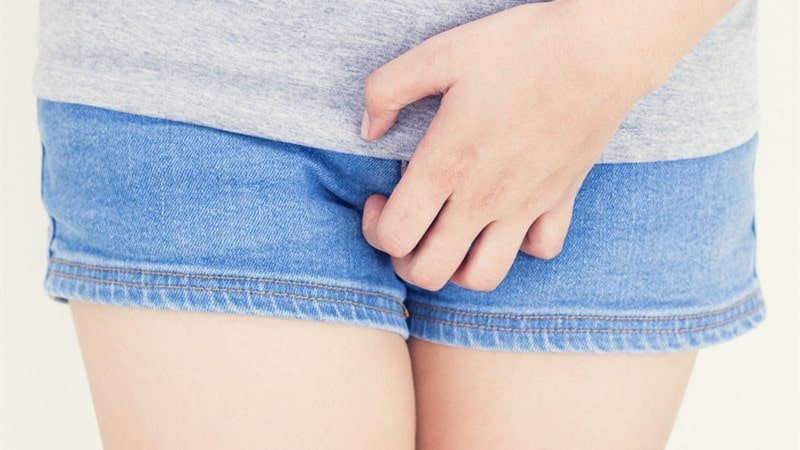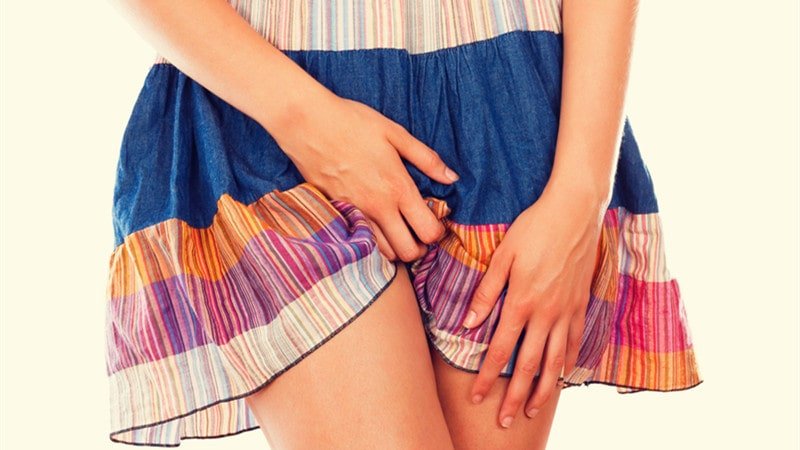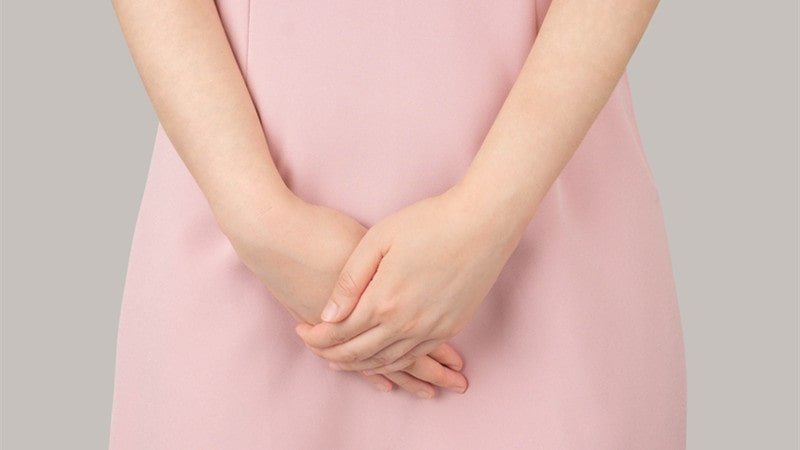Vaginal itching is without a doubt one of the most common yet uncomfortable conditions you can suffer from. Not only can it disrupt your daily life, it can also affect your ability to sleep. To make matters worse, with so many possible causes, it is difficult to trace the source and deal with it permanently.
Fortunately, if you want to learn more about this annoying situation, you’re in the right place! Read on to find out and get some tips on how to stop itching.
Why is my vagina itchy? 7 Most Common Causes

Vaginal itching can be caused by a variety of conditions, such as infection, irritation, menopause, and sexually transmitted diseases. Also, in some cases, it can also develop due to stress or vulvar cancer.
1. Irritant
Some chemicals can trigger an allergic reaction, causing itchy rashes on specific areas of the body, including the vagina. Here are a few common chemical irritants you should be aware of:
•bubble bath
• Soap
• Creams
• topical birth control pills
• flusher
• Feminine spray
• Detergent
• fabric softener
• ointments
• Scented toilet paper
It’s worth mentioning that even urinary incontinence or diabetes can cause irritation and itching.
2. Yeast infection
In general, yeast is a type of fungus that is always present in the vagina. While it doesn’t usually cause problems, it can sometimes overgrow and cause uncomfortable infections. This infection, called a vaginal yeast infection, is so common that 3 in 4 women will get it at least once in their lifetime.
So, what causes yeast infections? Simply put, even though antibiotics can kill the bad bacteria in your body, they can also kill the good bacteria. Without it, the growth of yeast cannot be controlled, which can lead to infection. Fortunately, yeast infections are easy to recognize by their uncomfortable symptoms, which include burning, itching, and lumpy discharge.
3. Skin diseases
Skin conditions like psoriasis and eczema can also cause itching and redness in the genital area. On the one hand, psoriasis is a ubiquitous condition characterized by itchy, scaly, red patches that form along the joints and scalp. Sometimes, these symptoms can also appear in the vaginal area, causing uncomfortable itching.
Eczema, on the other hand, is a rash that is more common in people with allergies or asthma. The rash is extremely itchy and can be identified by its reddish and scaly texture. Since eczema can occur anywhere on your body, it can also spread to the vagina and cause the area to itch.
4. Sexually transmitted diseases
There are many STDs that can cause vaginal itching, such as:
• Genital warts
• Gonorrhea
• genital herpes
• Chlamydia
• trichomoniasis
In addition to itching, these disorders can cause abnormal vaginal discharge, abnormal growths, and painful urination.
5. Bacterial Vaginosis
Similar to yeast infections, bacterial vaginosis can be triggered by an imbalance between good and bad bacteria in the vagina. Unfortunately, this condition doesn’t always have specific symptoms, which can make diagnosis very difficult.
However, when they do occur, symptoms include itching and a foul-smelling discharge. Although the discharge is usually thin and gray or white, it can also be frothy.
6. Vulvar cancer
As the name suggests, vulvar cancer develops in the vulva, which is the outside of the vagina. In fact, it refers to the clitoris, inner and outer lips, and vaginal opening. Some of the most common symptoms include unusual bleeding, itching, and pain in the area.
It is important to note that it is important to see a doctor, as vulvar cancer can be successfully treated when diagnosed early. This is why regular check-ups with a gynecologist are essential, especially if you experience any possible symptoms.
7. Menopause
Women who are going through menopause have an increased risk of vaginal itching. Why? Because menopause lowers estrogen levels, it can cause vaginal atrophy, a thinning of the mucous membrane. This thinning can lead to excessive dryness, irritation, and itching. Estrogen patches can help women feel better.
how to stop itching

The best treatment for vaginal itching depends entirely on what’s causing it. For example, if your itching is caused by an irritant, you must avoid the irritant. That could mean staying away from strongly scented washing up liquids and soaps, scented toilet paper and harsh laundry detergents. It may also mean replacing your synthetic underwear with cotton underwear to allow your skin to breathe.
Conversely, if the cause is related to infection, it needs to be treated with appropriate medication. There are a variety of medications for vaginal itching, ranging from antibiotics to antifungal treatments.
However, if the problem is due to changes in hormone levels, you may need hormone replacement therapy. This usually includes various patches, creams, gels, or medications that can restore hormonal balance.
Still, be sure to talk to your doctor before you decide to try any treatment. Specialist doctors can not only find out the source of itching, but also suggest effective, reliable and safe treatment options.
